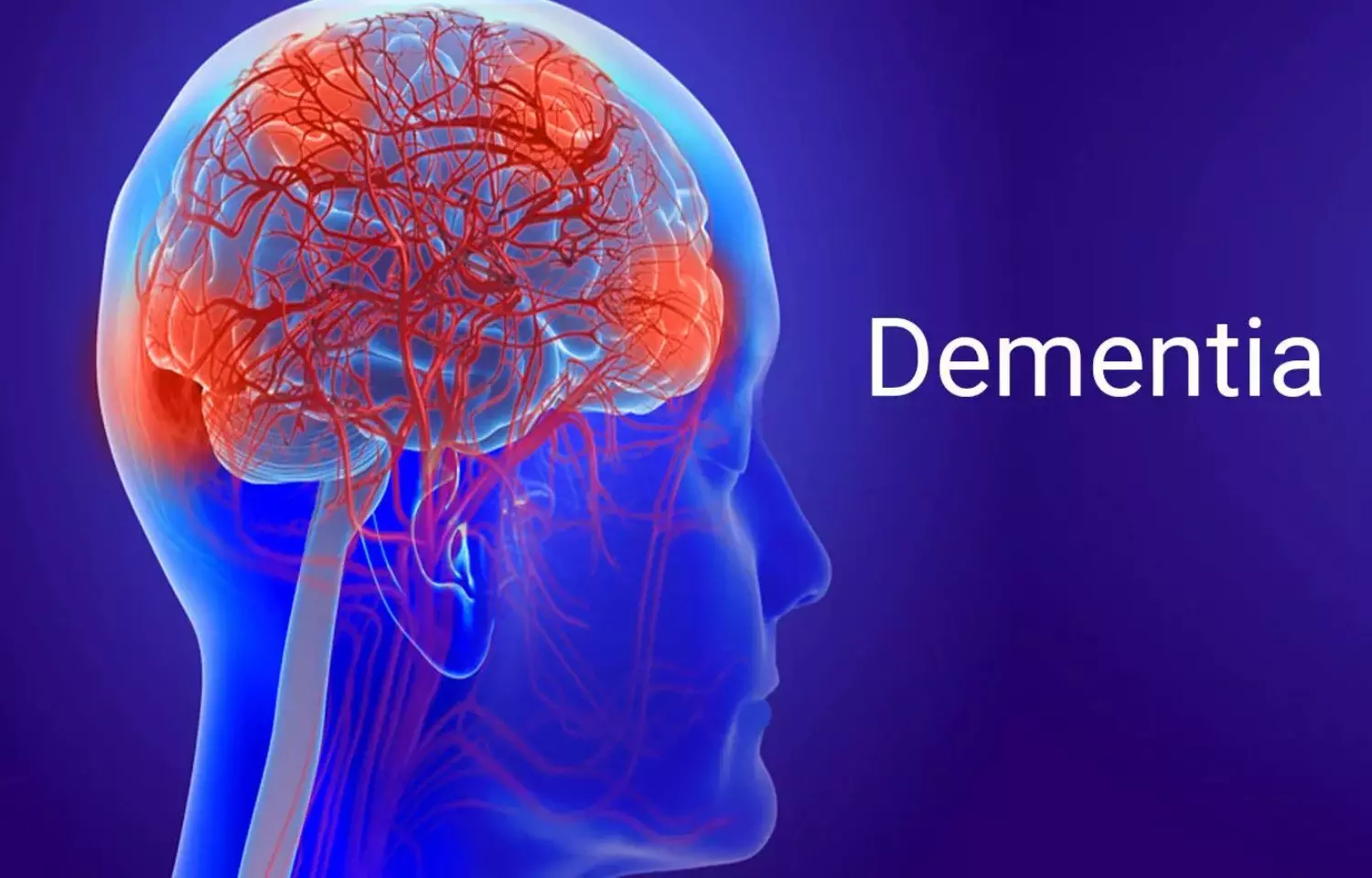- Home
- Medical news & Guidelines
- Anesthesiology
- Cardiology and CTVS
- Critical Care
- Dentistry
- Dermatology
- Diabetes and Endocrinology
- ENT
- Gastroenterology
- Medicine
- Nephrology
- Neurology
- Obstretics-Gynaecology
- Oncology
- Ophthalmology
- Orthopaedics
- Pediatrics-Neonatology
- Psychiatry
- Pulmonology
- Radiology
- Surgery
- Urology
- Laboratory Medicine
- Diet
- Nursing
- Paramedical
- Physiotherapy
- Health news
- Fact Check
- Bone Health Fact Check
- Brain Health Fact Check
- Cancer Related Fact Check
- Child Care Fact Check
- Dental and oral health fact check
- Diabetes and metabolic health fact check
- Diet and Nutrition Fact Check
- Eye and ENT Care Fact Check
- Fitness fact check
- Gut health fact check
- Heart health fact check
- Kidney health fact check
- Medical education fact check
- Men's health fact check
- Respiratory fact check
- Skin and hair care fact check
- Vaccine and Immunization fact check
- Women's health fact check
- AYUSH
- State News
- Andaman and Nicobar Islands
- Andhra Pradesh
- Arunachal Pradesh
- Assam
- Bihar
- Chandigarh
- Chattisgarh
- Dadra and Nagar Haveli
- Daman and Diu
- Delhi
- Goa
- Gujarat
- Haryana
- Himachal Pradesh
- Jammu & Kashmir
- Jharkhand
- Karnataka
- Kerala
- Ladakh
- Lakshadweep
- Madhya Pradesh
- Maharashtra
- Manipur
- Meghalaya
- Mizoram
- Nagaland
- Odisha
- Puducherry
- Punjab
- Rajasthan
- Sikkim
- Tamil Nadu
- Telangana
- Tripura
- Uttar Pradesh
- Uttrakhand
- West Bengal
- Medical Education
- Industry
Omalizumab may reduce severe Asthma Exacerbations, finds study

New Investigation into Asthma condition found that despite the atopic status, Omalizumab was effective in severe asthma. This was published in "Journal of Asthma, 2022."
Asthma is a disease of the lower respiratory tract with characteristic episodic wheezing, dyspnea, and cough. Management of asthma requires avoiding the aggravating factors, corticosteroids, long-acting beta-blockers, long-acting muscarinic agents, and biological agents. Literature shows that in severe atopic asthma, humanized monoclonal anti-IgE antibody (omalizumab) has demonstrated efficacy in non-atopic and even less in T2-low severe asthma. So, researchers from France conducted a study to determine the response of omalizumab according to the atopic status.
A retrospective, real-world study was performed on 139 patients in the Chest Diseases Department of Strasbourg University Hospital from January 1, 2006, to June 30, 2017. The response to omalizumab was assessed at 4, 6, and 12 months after treatment and compared to data collected before omalizumab initiation.
Results:
- 44 patients (31.7%) had severe non-atopic asthma and 95 (68.3%) had severe atopic asthma.
- In the non-atopic group, omalizumab significantly reduced the severe exacerbation rate by 44%, 43%, and 54%, at 4, 6 and 12 months, respectively.
- A trend toward improvement in FEV1, asthma control, and oral corticosteroid use was also observed.
- These results were not significantly different from those obtained in atopic asthmatics except for a more effective oral corticosteroid sparing in the atopic group (p < 0.05).
- Similar reduction of severe exacerbation rates was observed in the T2-low asthma subgroup (non-atopic, non-eosinophilic).
Thus, the researchers concluded that Omalizumab was effective in severe asthma, regardless of atopic status.
For the full article, click here: 10.1080/02770903.2022.2103427
Melscoet L, Khayath N, Migueres N, Goltzene MA, Meyer N, de Blay F. Severe non-atopic asthma: omalizumab can reduce severe asthma exacerbations [published online ahead of print, 2022 Jul 21]. J Asthma. 2022;1-10.
BDS, MDS
Dr.Niharika Harsha B (BDS,MDS) completed her BDS from Govt Dental College, Hyderabad and MDS from Dr.NTR University of health sciences(Now Kaloji Rao University). She has 4 years of private dental practice and worked for 2 years as Consultant Oral Radiologist at a Dental Imaging Centre in Hyderabad. She worked as Research Assistant and scientific writer in the development of Oral Anti cancer screening device with her seniors. She has a deep intriguing wish in writing highly engaging, captivating and informative medical content for a wider audience. She can be contacted at editorial@medicaldialogues.in.
Dr Kamal Kant Kohli-MBBS, DTCD- a chest specialist with more than 30 years of practice and a flair for writing clinical articles, Dr Kamal Kant Kohli joined Medical Dialogues as a Chief Editor of Medical News. Besides writing articles, as an editor, he proofreads and verifies all the medical content published on Medical Dialogues including those coming from journals, studies,medical conferences,guidelines etc. Email: drkohli@medicaldialogues.in. Contact no. 011-43720751




